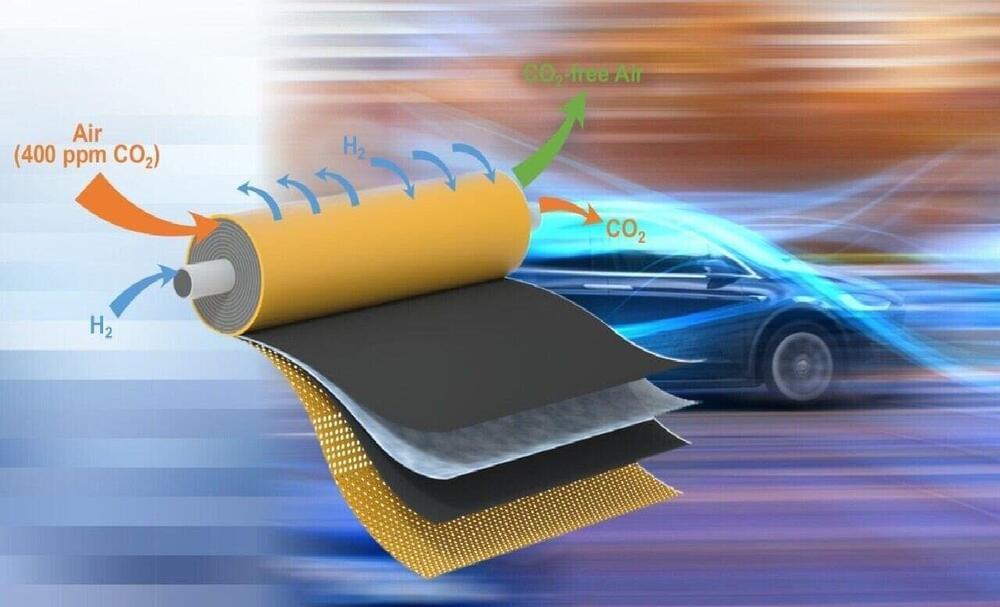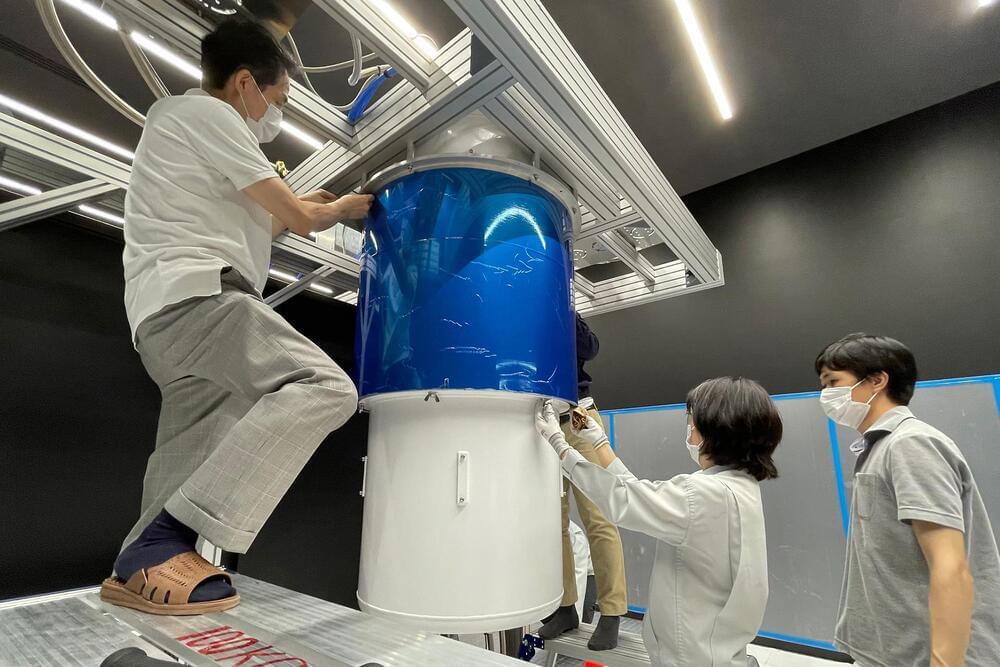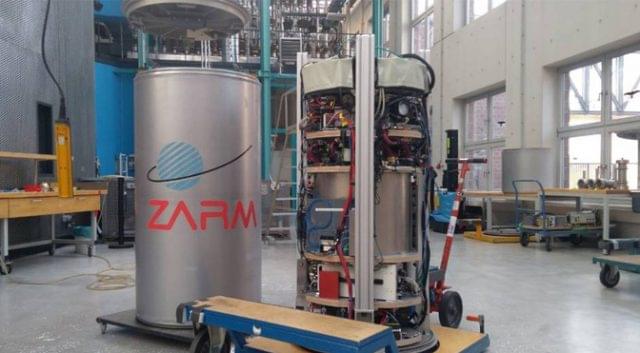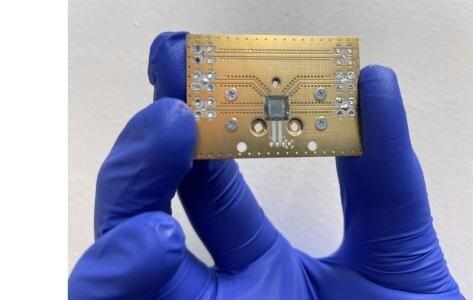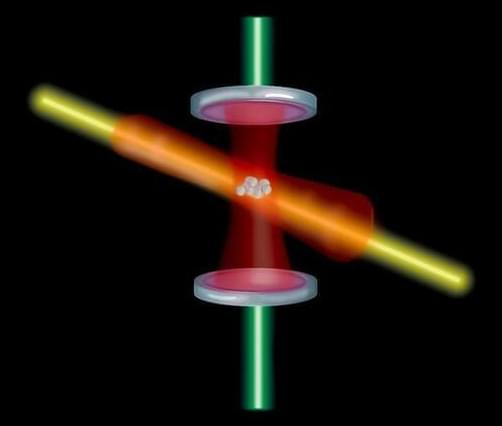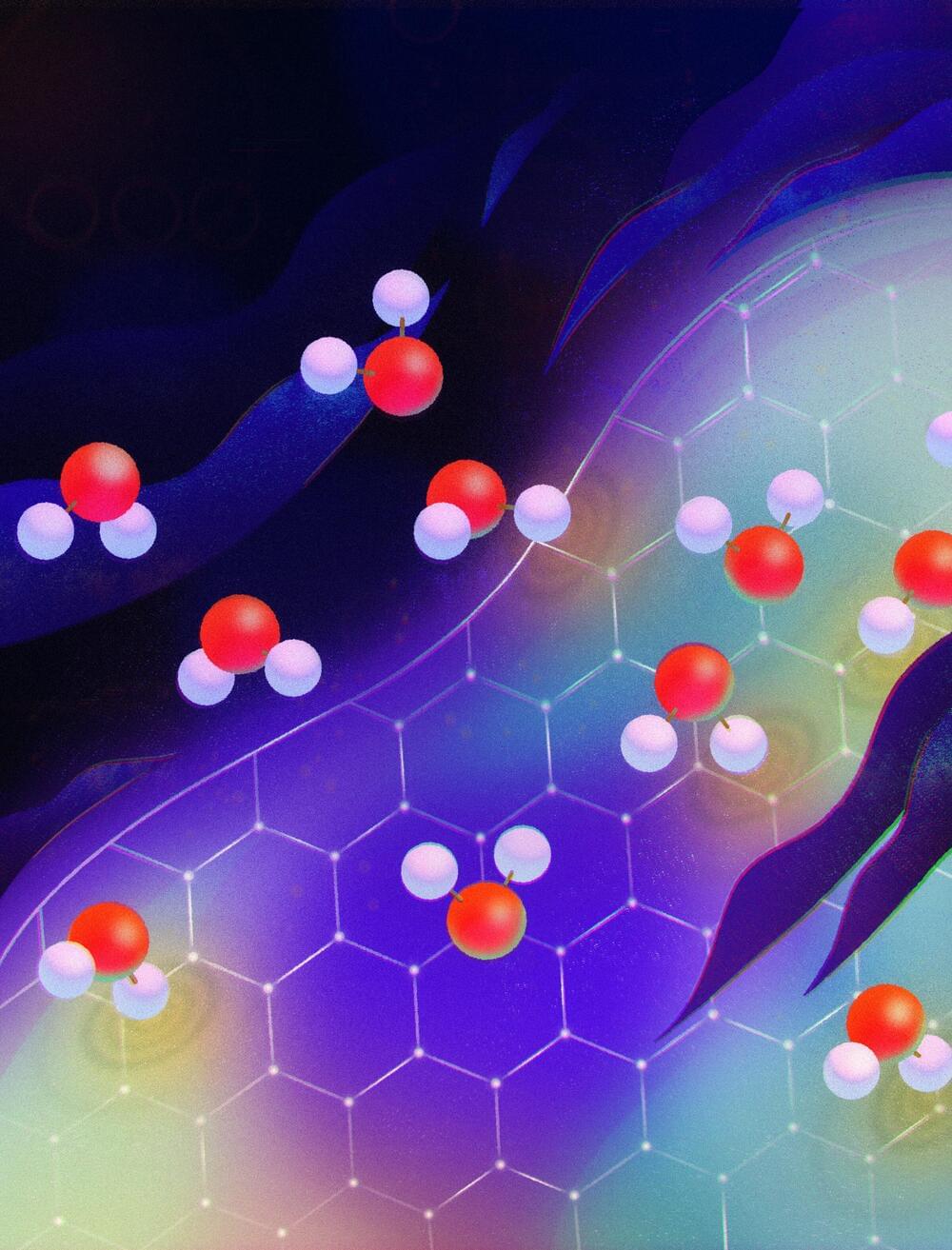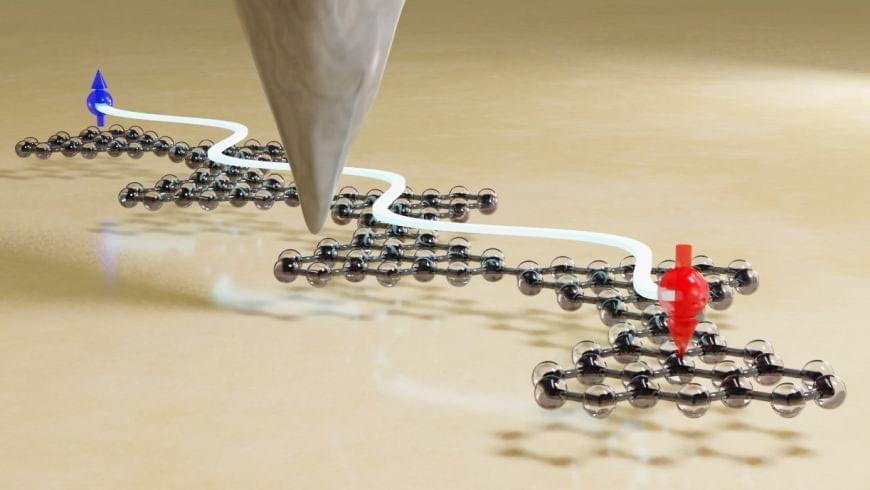On November 16, during its online Quantum Summit, IBM announced that it had successfully completed initial development of the 127-qubit (quantum bit) Eagle quantum computer. Last year, IBM’s Hummingbird quantum computer handled 65 qubits, and, the year before that, the company’s Falcon quantum computer was handling calculations using 27 qubits. So the company has been steadily increasing the number of qubits that its quantum machines can handle, roughly doubling the number of operational qubits in its quantum machines on an annual basis. However, the Eagle quantum computer is the last member of IBM’s Quantum System One family. Designs have reached the limit of the cryogenic refrigerator used to cool the Josephson Junctions that hold the qubits, so IBM has had to work with Bluefors Cryogenics to develop a new, larger cryogenic platform for bigger machines.
If you don’t understand qubits or how quantum computers work, join the club. Nothing in the binary word of today’s digital computers prepares you to understand quantum computing, although there are some superficial similarities. For example, quantum computers store data in qubits just as digital computers store data in bits. However, a bit can store only a “1” or a “0.” Each qubit stores both a “1” and a “0” at the same time in a state of superposition. Consequently, information density is much higher for qubit storage.
Further, qubits can be entangled, a phenomenon that Albert Einstein once described as “spooky action at a distance.” Quantum entanglement, a property of the quantum world, was once the stuff of science fiction. However, it’s quite real and an important part of quantum computing.
